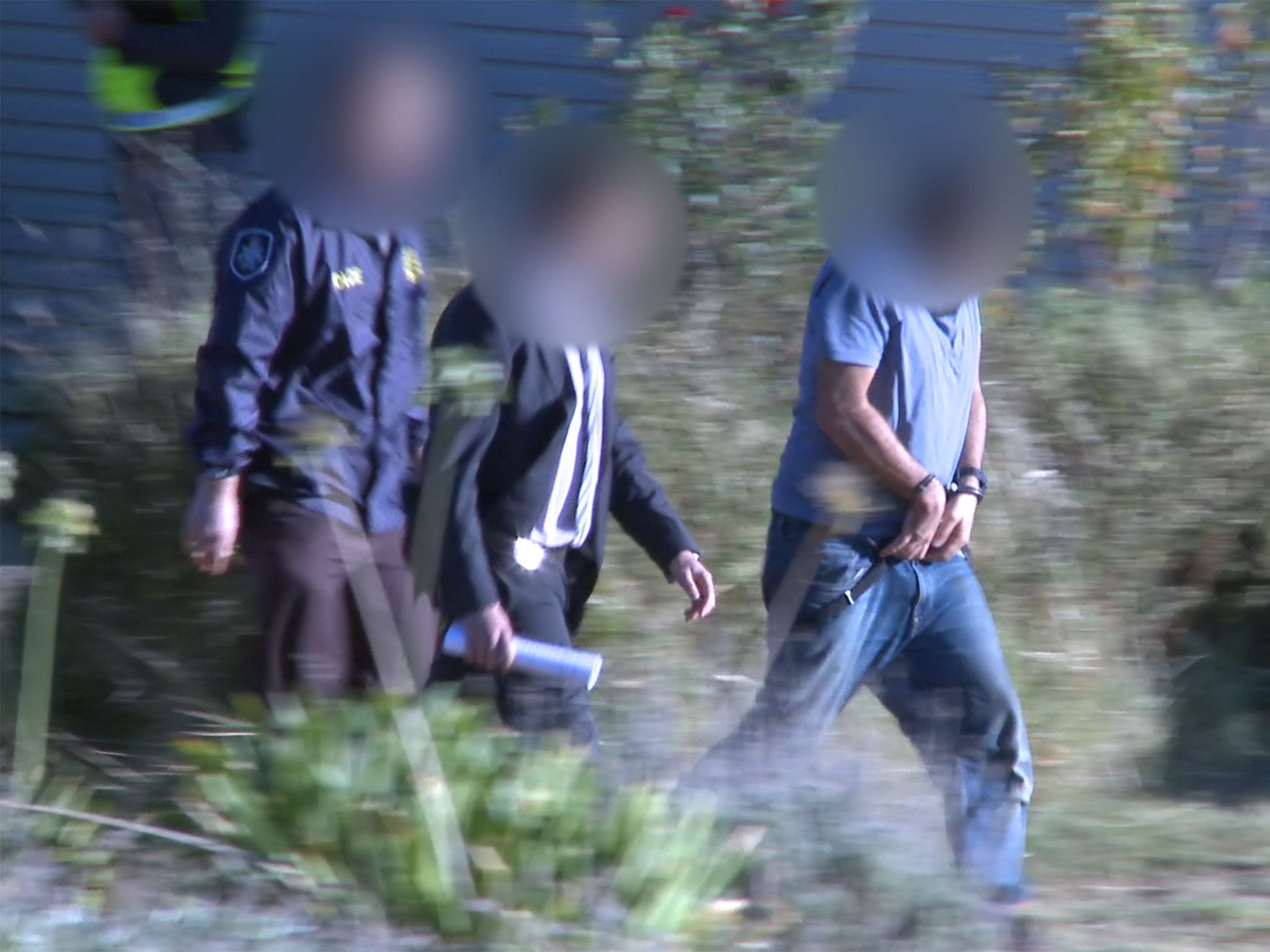Australian electrician arrested for 'developing Isis long-range missiles and laser defences'
Solar panel installer Haisem Zahab accused of researching and designing devices
Your support helps us to tell the story
From reproductive rights to climate change to Big Tech, The Independent is on the ground when the story is developing. Whether it's investigating the financials of Elon Musk's pro-Trump PAC or producing our latest documentary, 'The A Word', which shines a light on the American women fighting for reproductive rights, we know how important it is to parse out the facts from the messaging.
At such a critical moment in US history, we need reporters on the ground. Your donation allows us to keep sending journalists to speak to both sides of the story.
The Independent is trusted by Americans across the entire political spectrum. And unlike many other quality news outlets, we choose not to lock Americans out of our reporting and analysis with paywalls. We believe quality journalism should be available to everyone, paid for by those who can afford it.
Your support makes all the difference.An Australian electrician accused of helping Isis develop long-range missiles and laser warning device to guard against enemy bombs has been arrested.
Haisem Zahab was arrested at his family home in the rural town of Young, New South Wales, after an 18-month investigation that exposed his alleged links with militants in Syria and Iraq.
Australia’s federal police (AFP) charged the 42-year-old with making preparations for hostile activities abroad, giving or receiving goods for a criminal offence and violating an order on his computer use.
“Police will allege the man was performing services for the overseas activities of Islamic State by researching and designing a laser warning device to help warn against incoming laser-guided munitions used by forces in Syria and Iraq; and also by researching, designing and modelling systems to assist with Islamic State efforts to develop a long-range guided missile,” a spokesperson said.
Isis is known to use weapons looted from government and opposition forces in Iraq, Syria and Libya, as well as manufacturing its own military standard weapons.
Abandoned factories discovered in Iraq have exposed a highly bureaucratic development and manufacturing process for mortars, rockets and bombs, as well as an increasingly deadly programme to weaponise drones.
As part of its aim to build an Islamic “caliphate”, Isis has recruited experts in fields including medicine and technology, like British hacker Junaid Hussain.
Ian McCartney, the AFP’s assistant commissioner for counter terrorism, said Zahab – who owned a solar panel installation business - was in custody at a local police station.
“Make no mistake, anyone allegedly supporting foreign fighters – whether through travelling to conflict zones, or by their actions here on Australian soil – remain firmly in the sights of law enforcement,” he added.
Malcolm Turnbull, the Australian Prime Minister, said Zahab was attempting to provide Isis with “hi-tech” capabilities to develop missiles.
“This highlights that terrorism, support for terrorist groups, and Islamist extremism is not limited to our major cities,” he added.

Officials said Zahab was not suspected of planning a terror attack on Australia, which is among the countries bombing Isis militants as part of the US-led coalition.
The air campaign, as well as strikes by the Iraqi, Syrian, Turkish and Russian air forces, has contributed to Isis’ loss of swathes of territory, including the key strongholds of Fallujah, al-Bab and Jarablus.
Australia also sent troops to fight in Afghanistan and Iraq and has been on heightened alert for attacks by home-grown radicals since 2014.
Two hostages and a gunman were killed during the siege of a Sydney café by an Isis supporter in 2014, while a police accountant was shot dead by an extremist in 2015.
While authorities say they have thwarted a number of plots in recent years, particularly involving radicalised teenagers, they had not yet made any arrests of individuals accused of offering technical assistance to an extremist group.
Around 100 people have left Australia for Syria to fight alongside Isis and other jihadi organisations, according to the immigration minister.

Join our commenting forum
Join thought-provoking conversations, follow other Independent readers and see their replies
Comments